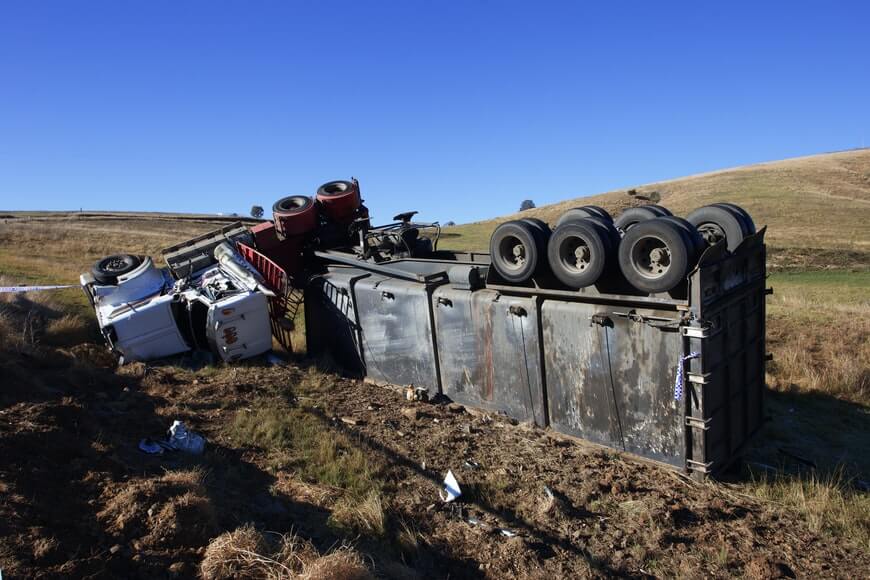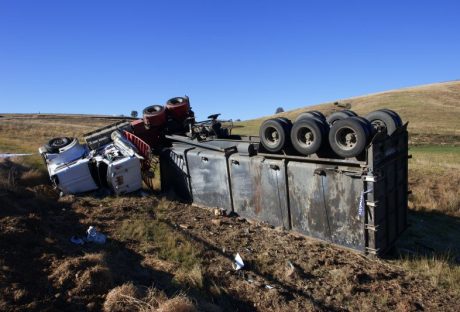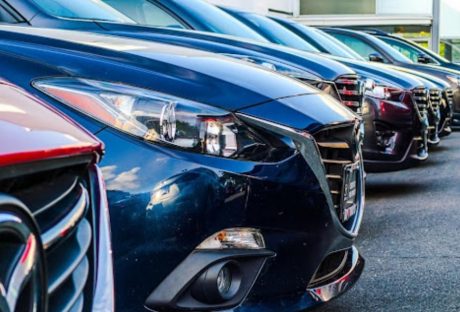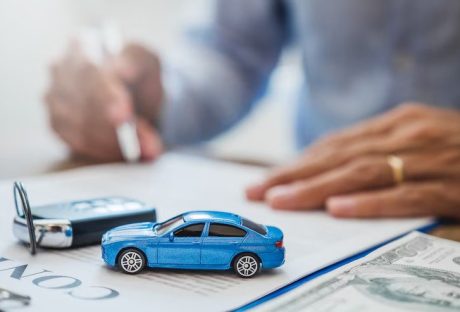Trucks continue to remain an integral part of the world’s economy. They are responsible for moving millions of tons of goods and products across the length and breadth of the country every single day. Whether it is day or night, trucks and truck drivers continue to drive.
However, being such large vehicles there is no denying the fact that they are a major threat to other motorists on the road. Car drivers, motorcyclists, bicycle riders, and pedestrians are constantly in danger from being at the receiving end of one of the many threats that trucks pose.
According to experts, heavy trucks are involved in one out of ten deaths that are reported in the United States every year. The weight of a fully loaded truck can reach up to 40 tons! That is 40 tons of moving mass that needs to stop at a heartbeat and be careful of every small car, bike, or individual occupying the same road. That is a tough ask.
In this article, we are going to discuss some of the major aspects of truck accidents-
- Leading causes of truck accidents in the United States
- Safety Tips to help you steer clear of the danger posed by trucks
- Legal remedies that need to be pursued in case you are involved in a truck accident
We take help from a leading Atlanta truck accident lawyer to help list down some of the important details on truck accidents.
5 Leading Causes of Truck Accidents on our Roads and Highways
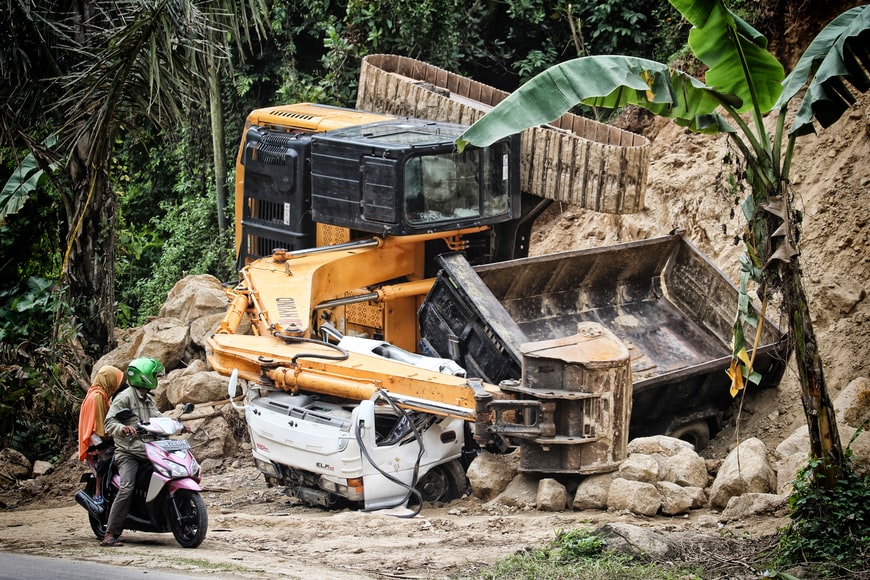
In this section, we are going to list down the five of the most causes of truck accidents–
1. Tired and Exhausted Truck Drivers-
The efficiency of any trucking operation depends on the completion of orders. In very simple words, the faster the deliveries are done, the more orders a specific truck can generate. This means long hours in bad weather conditions with poor food, lodging, and most importantly, no sleep. Tiredness and exhaustion make drivers fall asleep or slow down their reflexes.
2. Poor Quality and Condition of the Vehicles themselves-
Most commercial trucking companies can be guilty of not paying proper attention to the maintenance of their vehicles. They do not check whether all the parts of the truck are working properly. Since trucks tend to be on the roads most of the time, checking them for regular service becomes difficult. This leads to accidents when, for example, the brakes stop working.
3. Improper Training and Lack of Driving Experience-
Taking control of a vehicle that weighs 40 tons is no joke. It involves a lot of practice, experience, and training. When normal truck drivers are sick or unavailable, the company can ask a rookie to do the job of a seasoned pro. There are so many things that can go wrong when someone who is not adept at handling such a heavy piece of machinery starts to handle it.
4. Not Confirmation to Road Safety Norms, and Regulations-
Truckers know that since they are so big, they are not the ones that should be paying attention to following safety norms. In other words, they believe that if others want to be safe, they should be maintaining a distance from the truck. This makes them drive on one-way streets, not give way to oncoming traffic, and park at the side of highways where it is dangerous.
5. Engaging with Intoxicants like Alcohol and Marijuana-
Being on the road for months on end can be frustrating for truck drivers. To keep themselves engaged, they turn to alcohol and smoking weed. This dumbs down their reflexes and gives rise to the possibility of falling asleep at the steering wheel. Many studies have found that alcoholism is an issue that is rampant among truck drivers in the United States.
Safety Tips that Motorists should follow to avoid accidents with trucks

Every year in the United States, the Federal Motor Safety Administration comes out with a handbook for motorists that contain safety tips to avoid trucks and encounter accidents.
The following are some safety tips that motorists should be following to keep them safe-
1. Visibility–
The first thing that is prescribed is to ensure that you are visible to the truck drivers. Make sure you are honking and putting on your headlights every time you are passing a truck. Do not position your vehicles in the blind spots of the truck driver.
2. Passing–
Every time you are looking to overtake a truck make sure you have the space to do so. Do not try to make a pass in a tight squeeze. Make sure that you wait for the truck to give you the passing signal before you step on the gas for the pass.
3. Cutting-Off–
Most accidents are when motorists try to cut off a truck. When you do this at speed, you end up being in the blind spot of the drivers. This prevents their ability to break on time and results in a violent crash. You should look to avoid this at all costs.
4. Distance–
If you are tailgating a truck, you are not visible to the driver! This means that if they break, you are likely to slip right under the huge vehicle. Ensure that you maintain a healthy distance between your vehicle and the truck in front of you.
5. Anticipate–
Riding on the same roads as trucks require you to be patient. Trucks have wider turning radiuses than small cars. They cannot also make quick maneuvers on the road. As a motorist, you need to be patient and anticipate the movements.
If you are following the above-mentioned safety norms, you can reduce the chances of coming into contact with a 40-ton truck.
Legal Remedies to pursue in case of Truck Accidents
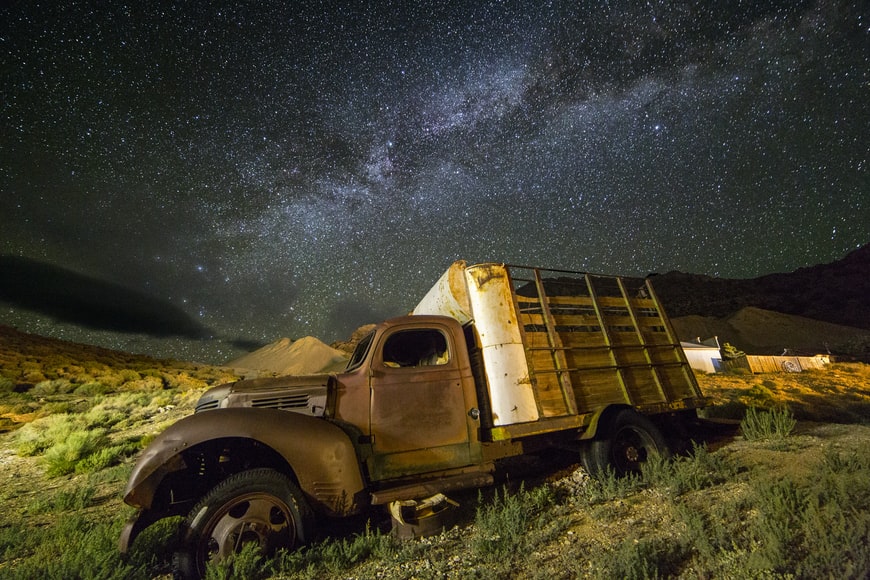
If you have been in a truck accident, you are well within your rights to file a lawsuit. You need to claim compensation for the material damage caused, as well as seek payments to help you tide over any medical injuries you might have suffered as a result of the accident.
The first thing that you need to do is hire an expert and experienced truck accident lawyer. You need to make sure that they have prior experience in filing personal injury lawsuits of this nature. Make sure that you gather all the possible evidence and build a solid case.
When it comes to truck accidents, the company operating the vehicle is a party to the lawsuit. They need to ensure that the insurance covers all possible material and physical damages that have been the result of the accident.
The following information should be collected from the site of the accident-
- The type of truck- make, model, brand, and license plates of the truck.
- The name of the truck’s driver and his commercial license.
- The information about the insurance company and details.
- Names, addresses, and call numbers of the trucking company, head offices, and more.
- Photos, videos, and witness statements from the scene of the crime.
The Bottom Line
In this article, we have discussed some of the probable causes of truck accidents. We have also discussed safety tips that will help you keep your distance from heavy vehicles. Finally, we have looked at what legal recourse needs to be pursued if you are involved in a truck accident.
If you have any more questions that you would like us to address on truck accidents, please let us know in the comments below. We will be glad to help you out.
Read Also:
- 7 Ways Truck Accidents Differ from the Regular Car Crashes
- The Main Reasons Why Cabover Trucks Are Less Common Than Long Hood Rigs
- Why Times Are Tough For Truckers and Why It Concerns You













